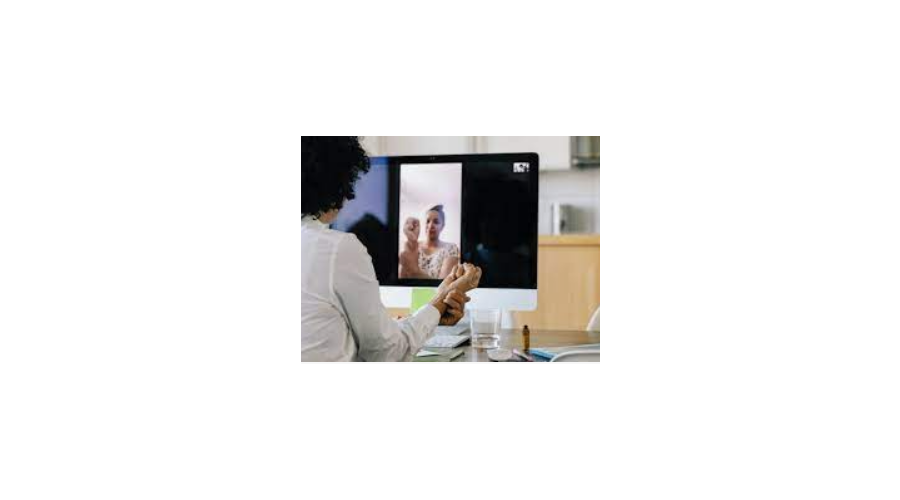It was the late Dr Martin Luther King speaking in the United States who said, “I have a dream.” His dream was about about civil rights. I too have a dream and that relates as how virtual health care and tele-medicine practices might one day be practiced in the Solomon Islands.
Nothing of what I dream is likely to happen in my lifetime but one day in the future with the increase in broadband services and new medical facilities in the provinces and a replacement an modern National Referral Hospital with video conferencing facilities and specialist consultants and doctors on hand, my dream might become a reality.
Few today need a geography lesson about the vast land mass of the Solomon islands with its separate 900 or so smaller islands, or the main causes of illnesses, death rates attributed to the main illnesses and its continually rising population, now about 700,000.
Against such a setting I believe virtual medicine practices and telemedicine should be part of the government and MHMS national health strategy planning for future years.
Let me give a little explanation here.
How Is Virtual Healthcare Different from Telehealth?
Virtual healthcare is a term that’s sometimes used synonymously with telehealth or telemedicine — but they’re not the same thing. Virtual healthcare is actually a component of telehealth, which is a broader term encompassing the entirety of remote and/or technology-driven healthcare
There's a little bit of evolution happening in the naming of the different kinds of technologies.
Telehealth is a very broad category of solutions that service patients at a distance — so it could be doctor visits at a distance, it could be chronic condition management, and it could be managing high-risk pregnancy. But doing that at a distance, doing it remotely.”
“Telehealth technology may be a telephone, it could be a videoconferencing capability, and it could be an IVR system. It sort of encompasses all the different kinds of technologies, but it's the idea that you're using these technologies to gather information and exchange information.”
That the terms are so often confused indicates how integral virtual healthcare is to telehealth delivery. Either way, demand is growing for a means to avoid the expense, burden and time spent traveling to and from clinics or doctor’s offices. And in rural areas struggling to attract physicians and practitioners at all, eliminating the need for transportation isn’t just a matter of convenience but also of basic access
What about Telemedicine in the Solomon Islands setting?
Telemedicine would be the use of electronic information and telecommunication technology to get the health care you need while practicing social distancing. All you would need is a phone or device with the internet to continue your medical care while protecting yourself and your healthcare specialist or doctor
. What could be the benefits of telemedicine in the SI?
- Allows you to talk to your doctor live over the phone or video chat
- Allows you to send and receive messages from your doctor using chat messaging or email
- Allows for remote monitoring of patients
- Save on travel time/ transportation costs
- Reduced wait time for services
Virtual care will always be lacking compared to in-person visits, though, and there are many basic functions that cannot be performed virtually. I believe it can be useful in health care practice in a future Solomon Islands health care strategy.
Yours sincerely
Frank Short



